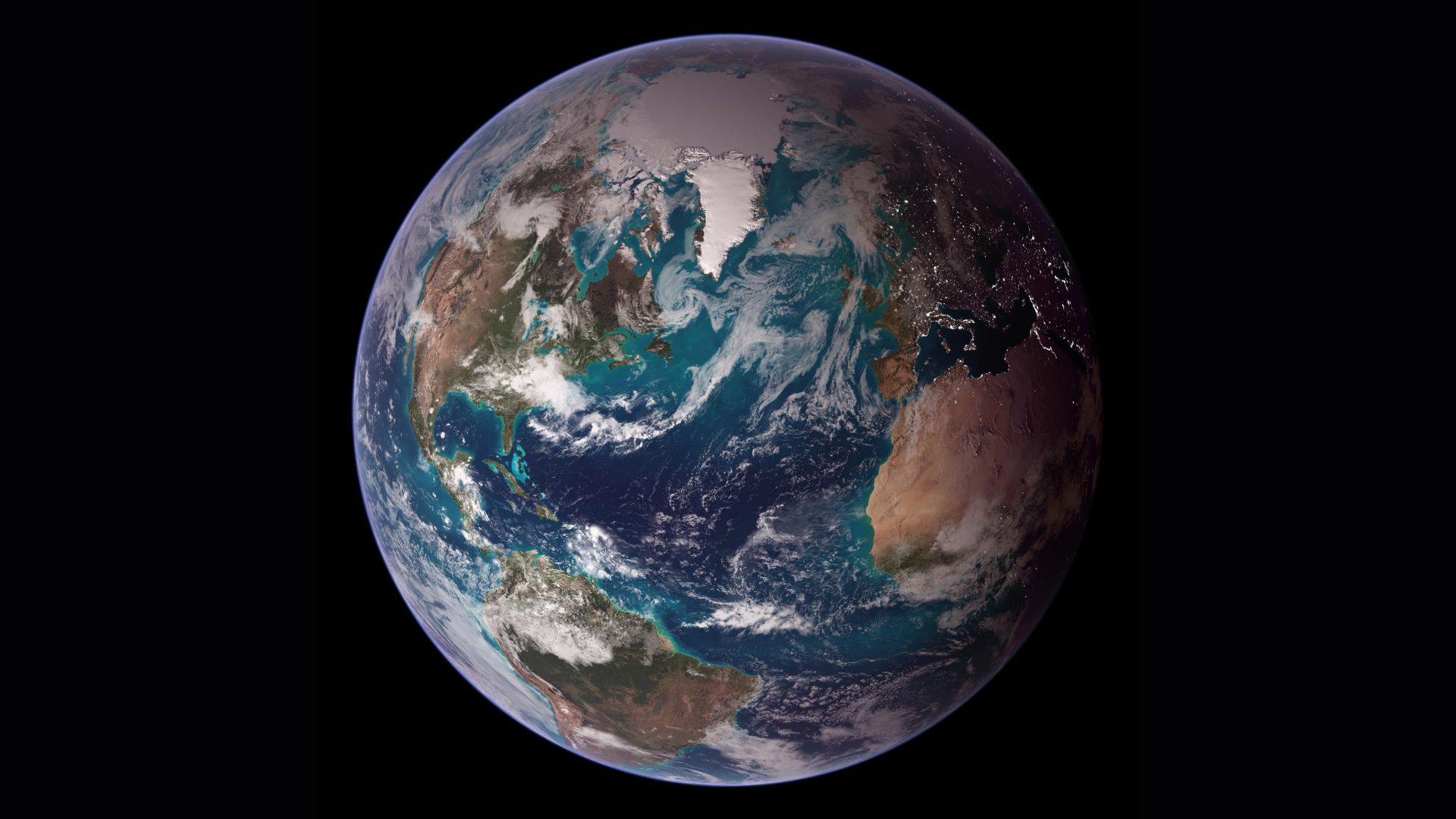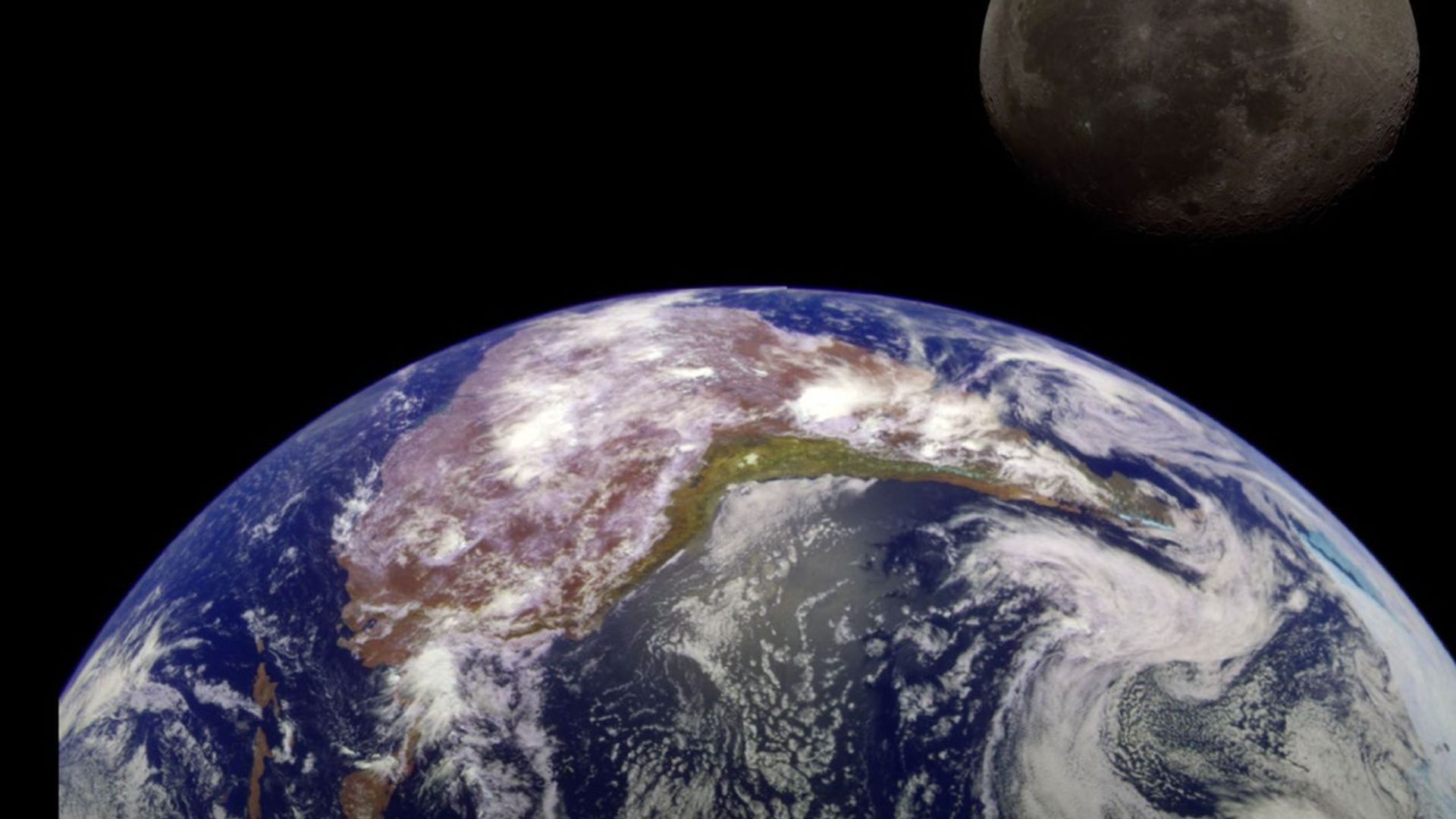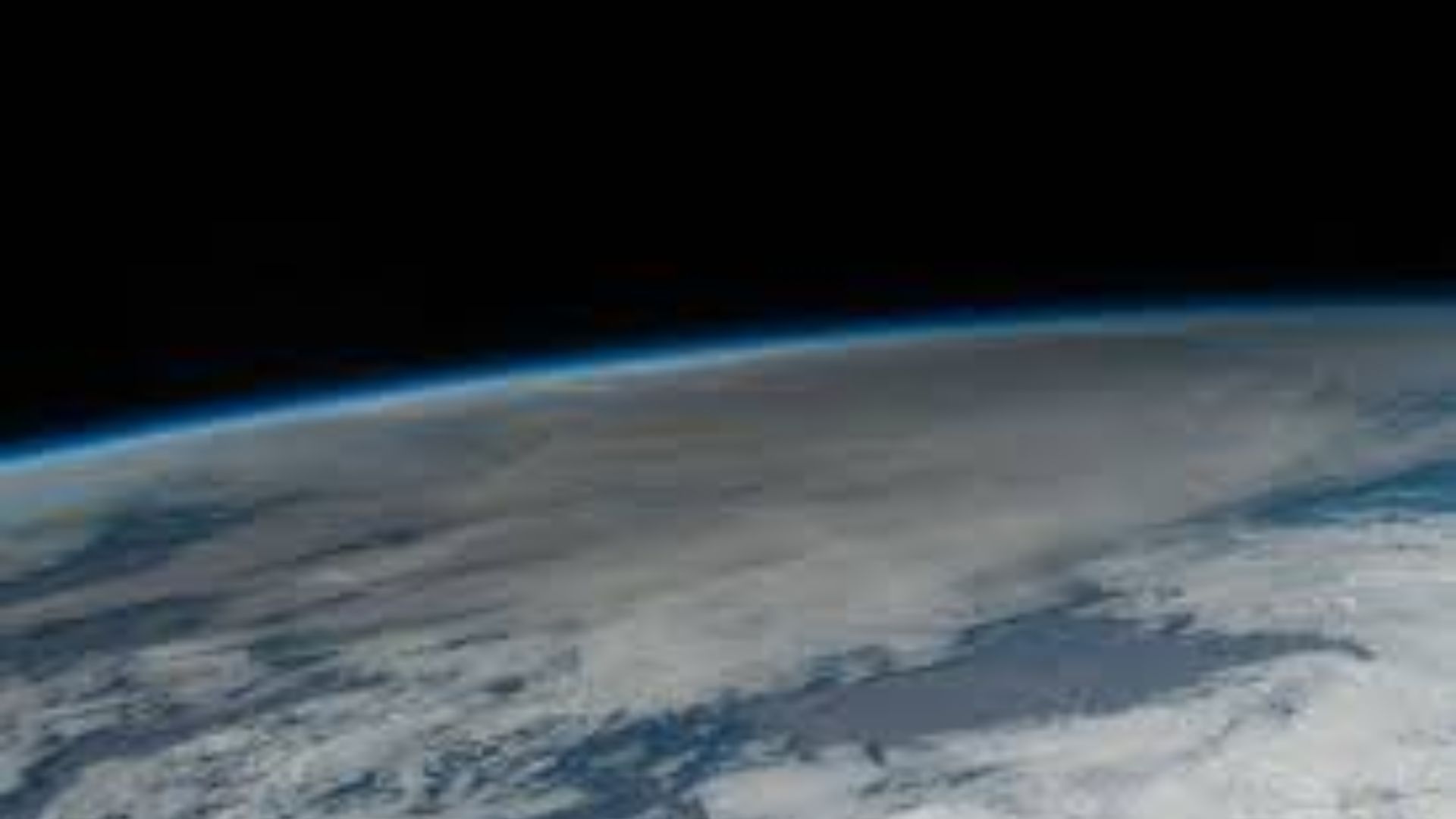Earth’s Rotation is Slowing Down, But Could it Stop Entirely?


For years, scientists believed that the Earth’s core rotated at a steady, even rate. However, new evidence disproves this theory and identifies that Earth’s core is actually slowing down its rotation. So, what does this mean for us?
The Discovery

Despite the previous assumption that the Earth has a stable and constant rotation, new analysis reveals that the rate of rotation actually fluctuates greatly. In fact, the Earth’s core can rotate at the same rate as the Earth’s crust, which makes it appear as if it’s standing still.
Is it Rotating in the Opposite Direction?

Although it can appear as if the Earth’s core is reversing the direction of rotation, this is not actually the case. Rather, the slower speed of the Earth’s core compared to the crust makes it look this way.
The Earth’s Core

The Earth’s outer core is made mainly of metals. It has a liquid outer layer and a solid inner core. The iron and nickel that make up this part of the Earth have an impact on Earth’s magnetic field.
The Earth’s Crust

The Earth’s crust, on the other hand, is composed of layers. The outermost layer is made of tectonic plates. The shell is made of two types: continental crust and oceanic crust. The continental crust is thicker and less dense than the oceanic crust, which is thinner and younger.
Does the Earth Stop?

Since the rate of rotation can change and slow down, does this mean that the Earth could potentially stop? The short answer is no. Due to its intense momentum and tidal forces from the moon, the planet would not stop spinning.
When Did the Slowdown Begin?

Scientists have been studying the slowdown of the rotation of the Earth’s core since 2009. Back then, the core and crust were moving at approximately the same speed. Since then, experts have learned that the fluctuations in the core’s rotation occur over about a 70-year cycle.
Why the Earth is Slowing

The rotation is slowing down gradually due to the gravitational pull of the moon and climate change. However, smaller shifts in the rotation can also occur due to fluctuations in Earth’s liquid outer core. Melting ice caps can have an impact on this layer and cause slowing of rotation.
What the Slowdown Means For Us on Earth

There are a few ways in which the slowing of the Earth may impact us here on Earth. Days may become slightly longer. Tools such as GPS, which work based on the Earth’s rotation, may require adjusting.
Interim Effects

While most of the changes we may experience are small, there is a chance that long-term impacts may take place. For instance, an increase in gravity’s force or an increase in oxygen in Earth’s atmosphere may form over time.